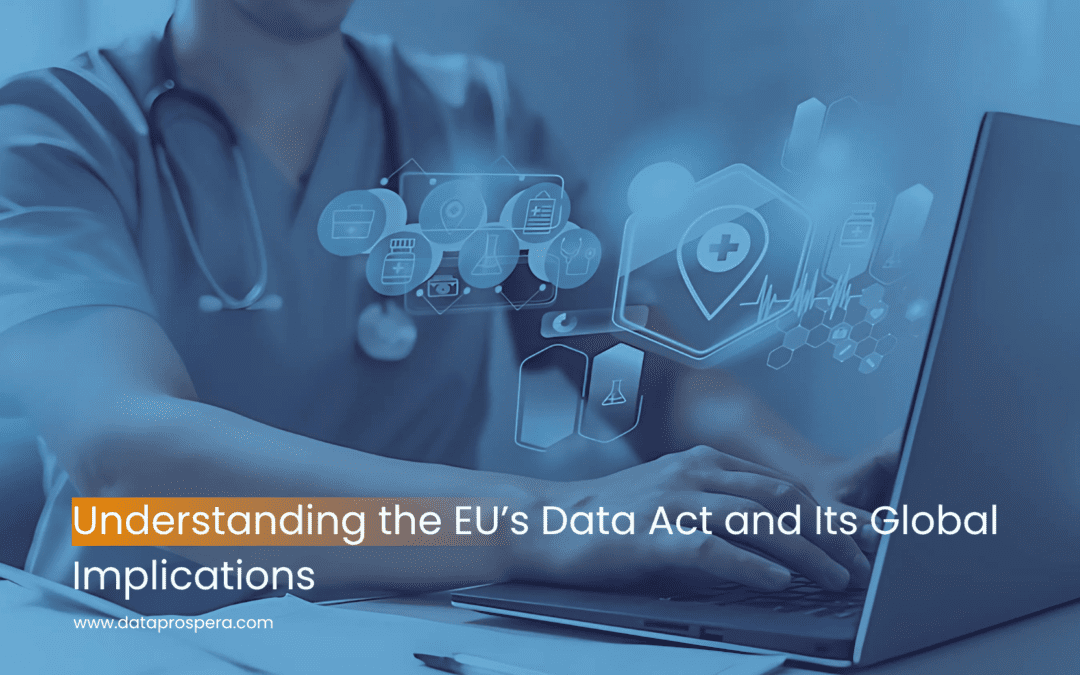In an era of digital healthcare transformation, safeguarding patient data isn’t just a legal necessity—it’s foundational to trust and care quality. Data sovereignty—keeping data under the jurisdiction of where it’s collected—stands at the heart of this challenge, ensuring patient records remain within local regulations and infrastructure.
Why Data Sovereignty Matters in Healthcare
- Patient Privacy & Trust
Healthcare data (e.g., medical histories, diagnostics) falls under sensitive categories (HIPAA, GDPR protections) due to its personal nature . Storing that data within national borders reinforces confidentiality and strengthens patient trust. - Regulatory Compliance
- EU: GDPR governs transfers of sensitive health data outside the EU unless receivers meet “adequacy” standards or use safeguards like SCCs/BCRs .
- USA: Under HIPAA, even if patient data leaves domestic systems, security standards apply—covered entities must sign Business Associate Agreements .
- Australia: The Australian Privacy Principles prevent “My Health Records” from being processed offshore without consent arxiv.org+4medium.com+4blog.cloudticity.com+4.
- National Security & Emergency Access
Localized management enables rapid response during crises—like epidemiological surveillance or disaster response—without foreign delays. - Data-Driven Research with Local Oversight
While data-sharing accelerates medical research, strict localization rules (e.g., COVID-19) posed challenges for global collaboration—balancing innovation with sovereignty remains critical blog.cloudticity.com+10cato.org+10scalecomputing.com+10.
Architectural & Operational Solutions
Local Cloud & Edge Deployments
Hospitals and labs can use local cloud and edge infrastructure to store and process data within borders, ensuring both sovereignty and fast access.
Distributed Records with Patient Control
Projects like HIE of One and blockchain-enabled systems empower patients to authorize access to their records, while data remains locally stored en.wikipedia.org+1arxiv.org+1.
Robust Encryption & Security Controls
- Use MFA, strong encryption-in-transit and at-rest, and regular security audits natlawreview.com+3ijgis.pubpub.org+3arxiv.org+3.
- Implement access policies like role-based access control (RBAC).
Governance & Consent Management
Legal frameworks should define:
- Who can access data
- Under what circumstances it can leave the system
- Retention and deletion policies consistent with local laws
Interoperability with Secure Safeguards
While localization is key, health systems still benefit from interoperability via APIs and FHIR standards—protected by encryption and agreements.
Real-World Use Cases
- Surat, India’s HMIS: A new hospital system connects 30+ health centers using a unique local health ID, cloud‑lite storage, and regional disease monitoring en.wikipedia.org+2reddit.com+2incountry.com+2en.wikipedia.org+7incountry.com+7natlawreview.com+7ijgis.pubpub.org+1arxiv.org+1timesofindia.indiatimes.com.
- Decentralized Blockchain EMRs: Consortium-led models use blockchain for index integrity while patient data remains encrypted and local arxiv.org.
- Edge-Enabled Blockchain (ssHealth): A model enabling remote monitoring and secure local exchanges via blockchain and edge infrastructure arxiv.org.
Challenges
- Fragmented Global Research: Localization can slow global studies, especially in emerging fields like personalized medicine.
- Infrastructure Gaps: Rural or underfunded clinics may struggle to host local servers.
- Cost Pressures: Maintaining localized data environments increases solid IT and compliance investment.
Best Practices
- Map Data Flows: Identify where health data is created, stored, and shared—ensure each step complies with local law.
- Engage Stakeholders: Work with legal, clinical, and IT teams to enforce consent and governance frameworks.
- Audit Regularly: Conduct privacy/Security Audits and impact assessments aligned with HIPAA, GDPR, or APPs.
- Use Privacy Enhancing Technologies: Explore tokenization, anonymization, and patient-mediated access tools.
- Participate in Standards Bodies: Align with FHIR, HL7, and regional healthcare data initiatives for safer interoperability .
Conclusion
Data sovereignty in healthcare offers more than regulatory compliance—it fosters patient trust, strengthens security, and enables resilient, locally controlled health systems. By deploying local infrastructure, encryption, transparent governance, and innovative interoperability tools, health organizations can protect sensitive patient data while enabling innovation and secure care delivery.


Recent Comments